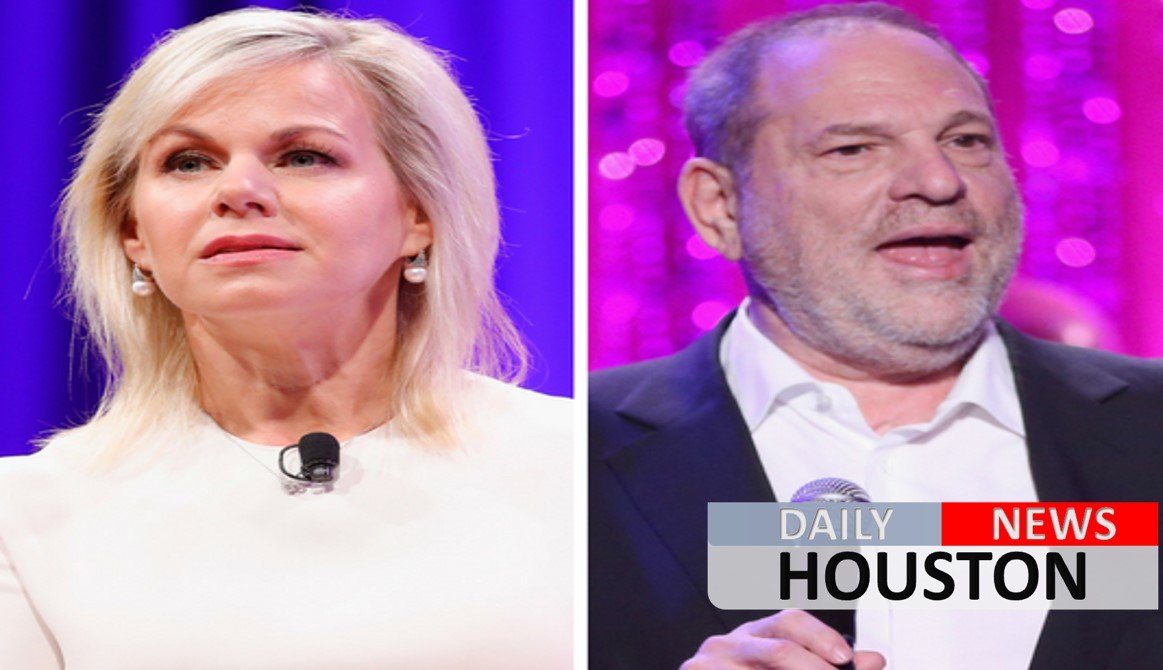Gretchen Carlson has been credited with cracking the secretive world of workplace sexual harassment thanks to her landmark case against Fox News chairman and CEO Roger Ailes.
But she’s convinced the scathing allegations of assault and harassment leveled against Harvey Weinstein published by The New York Times and The New Yorker, and the tidal wave of women coming forward with similar stories in the last week and a half, are the real turning point.
“What we’re seeing happening now with the Harvey Weinstein revelations, to me this is the watershed moment,” she told USA TODAY. “This is the tipping point I’ve been working so hard for over the last 15 months. People are finally saying ‘enough.’ ”
Since her headline-making 2016 case, the former Fox News Channel host has become an activist, lobbying lawmakers on Capitol Hill to change the mechanisms that keep accusers and would-be accusers silent. She’s also written a book, Be Fierce: Stop Harassment and Take Your Power Back, out Tuesday, compiling the thousands of emails and messages she’s received from women with their own stories of workplace harassment.
“It was everywhere and pervasive,” she says. “The women were fearful to come forward, their stories usually didn’t have a good resolution, they were labeled troublemakers, they were fired, and almost every one of them didn’t work in their chosen career field again.”
This fear, along with confidentiality agreements around settlements and forced arbitration clauses in employment contracts that require employees to submit accusations internally in binding arbitration and waive their right to sue, she says, means abusers are allowed to continue unabated.
“What happens is when people don’t have the guts to speak up and they become bystanders. You normalize it,” she says. “And that is happening all over the place.”
Which explains why so many people in the Weinstein case, she says, have described the situation as an open secret.
“There’s no way that situations like this could continue for that long without other people knowing about it and covering it up,” she says. “And that is happening all over the place.”
But she’s heartened by the sheer number of people opening up about their experiences, like those joining in on Twitter campaigns asking who is ‘YOUR Harvey Weinstein’ and the hashtag #MeToo, which encourages users to post tweets or status updates with the phrase to demonstrate how many people have been impacted by sexual harassment or abuse. She’s also encouraged by the public’s reaction, as well as men who are coming to women’s defense saying “I saw it, too, or this is wrong and we as men have to help women to not have to face this anymore.”
“And that’s why I feel like this is the tipping point. Now that women feel empowered to come forward it’s going to be in other professions as well,” she says of the reports of sexual harassment going public.
“Maybe they all won’t get the same attention as a huge Hollywood mogul, but there’s a ton of women sitting at home right now saying ‘Oh my gosh, I’m going to do that now.’ And there are probably a lot of sexual harassers sitting at home going ‘oh no.’ “









